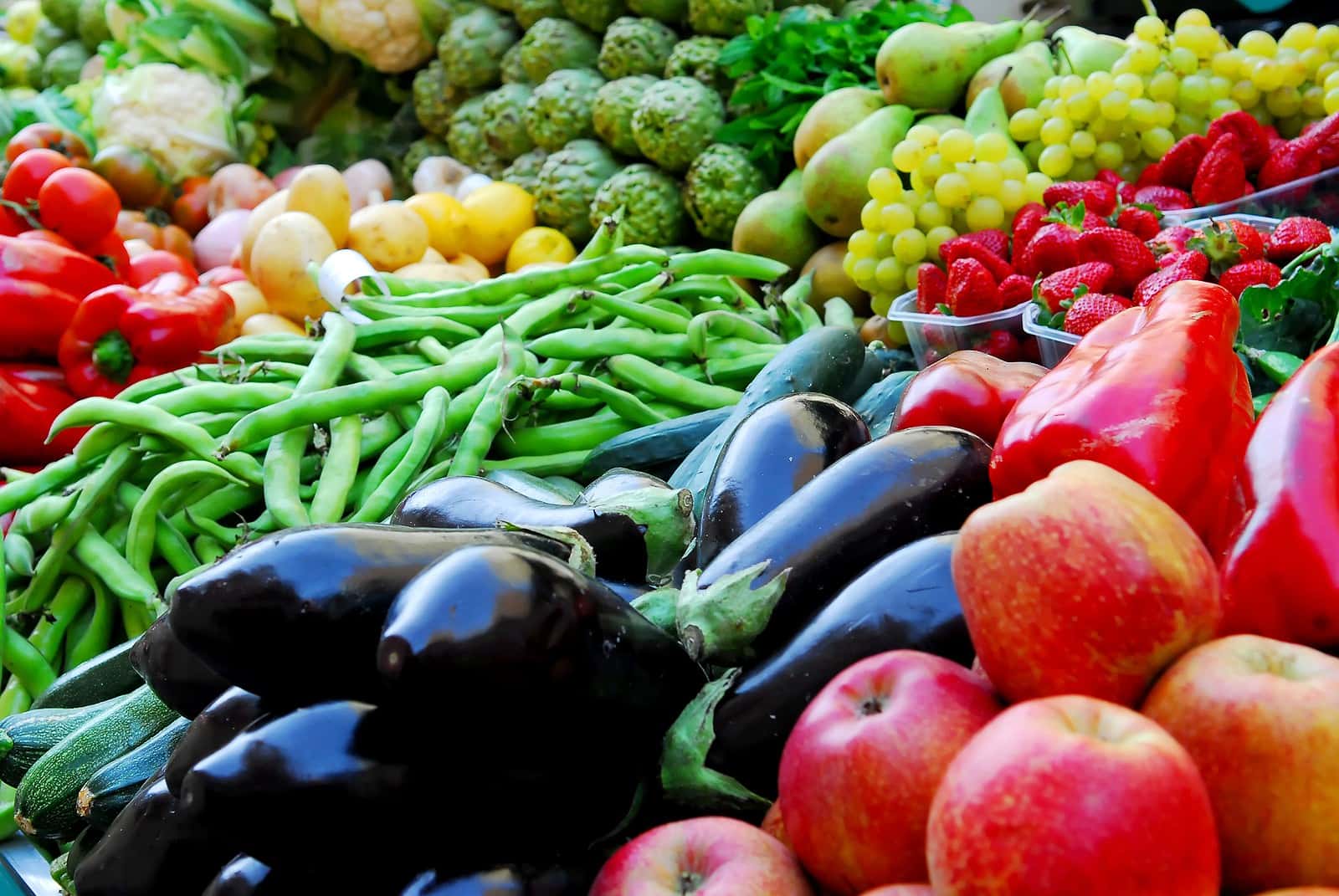
The Food and Drug Administration is unequivocal. Washing fruit and vegetables is essential because “…harmful bacteria that may be in the soil or water where produce grows can come in contact with fruits and vegetables and contaminate them. Fresh produce may also become contaminated after it is harvested, such as during storage or preparation.” Do you care?
The agency goes on to state:
“Wash all produce thoroughly under running water before preparing and/or eating, including produce grown at home or bought from a grocery store or farmers’ market. Washing fruits and vegetables with soap, detergent, or commercial produce wash is not recommended. Produce is porous. Soap and household detergents can be absorbed by fruits and vegetables, despite thorough rinsing, and can make you sick. Also, the safety of the residues of commercial produce washes is not known and their effectiveness has not been tested.”
Washing Fruit and Vegetables
It’s reasonable to wash fruit and vegetables to remove grime and germs. Without getting too gross, you do not know where the fruit or vegetable pickers’ hands were before harvesting your produce. Bathroom facilities in the fields or orchards are not always the greatest.
The most recent research on this topic deals with another topic, however. Researchers writing in the American Chemical Society’s Nano Letters (Aug. 7, 2024) caution about pesticide residues left on and in the skin of fruits and veggies. The investigators studied apple skin.
They report:
“Notably, individual cleaning processes and the permeability of pesticides may result in pesticides being present in areas other than the surface of the fruit…In addition, we found that even within the pulp layer, which is approximately 30 μm from the peel, the correlation index still exceeded 0.7. This indicates that the pesticides penetrated the pulp layer and that traditional fruit-cleaning operations cannot wholly remove pesticides.”
Should You Be Peeling
The authors of the research go on to say:
“In other words, the intensity decreased with increasing depth, indicating a safe depth for pesticide penetration. Considering that the pulp layer lost during peeling was much larger than 30 μm, which was confirmed by ultradepth-of- field microscopy, we believe that the peeling operation can effectively avoid the hazards of pesticides in the fruit’s epidermis and near-epidermal pulp, thereby reducing the probability of ingesting pesticides.”
The bottom line on Washing Fruit:
“…the risk of pesticide ingestion from fruits cannot be avoided by simple washing other than peeling.”
Should You Worry About Pesticides on Fruits and Veggies?
We know that many people do not want to think about any more problems. They figure that the amount of nastiness in or on fruits and vegetables can’t be high enough to worry about. After all, the FDA stands for Food and Drug Administration. Isn’t it protecting the public from dangerous chemicals?
Consumer Reports (CR) is an independent organization that we have long trusted. On April 18, 2024 it published an article titled “Produce Without Pesticides.”
The subtitle:
“Some of our favorite fruits and vegetables carry unhealthy levels of chemicals.”
In case you trust the FDA and the USDA to protect you, here is CR’s intro:
“Though using chemicals to control bugs, fungi, and weeds helps farmers grow the food we need, it’s been clear since at least the 1960s that some chemicals also carry unacceptable health risks. And although certain notorious pesticides, such as DDT, have been banned in the U.S., government regulators have been slow to act on others. Even when a dangerous chemical is removed from the market, chemical companies and growers sometimes just start using other options that may be as dangerous.”
CR reviewed data on 59 different fruits and vegetables. Here is what the nonprofit discovered:
“Our new results continue to raise red flags. Pesticides posed significant risks in 20 percent of the foods we examined, including popular choices such as bell peppers, blueberries, green beans, potatoes, and strawberries. One food, green beans, had residues of a pesticide that hasn’t been allowed to be used on the vegetable in the U.S. for over a decade. And imported produce, especially some from Mexico, was particularly likely to carry risky levels of pesticide residues.”
You can read the full CR report at this link.
Two Choices Instead of Washing Fruit: Organic or Peeling
There is good news from CR. Almost all of the organic produce it reviewed had little or no pesticides. The article has a list of which fruits and vegetables are safest.
When it comes to peeling, we agree with you. It’s a pain to peel apples or peaches. There is nothing better than biting into a crunchy apple. But if it contains pesticides, peeling does make sense.
The Bottom Line on Washing Fruit:
Organic fruit and vegetables can be more expensive. If you cannot afford to go that route, then peeling makes sense.
If you are a person who cannot be bothered peeling or washing fruit and you don’t want to pay more for organic, you might want to read the section in the CR report titled:
“Pesticides Can Harm You”
You will read about an increased risk for Parkinson’s disease, some cancers, diabetes and cardiovascular disease.
What do you think? Please share your thoughts about washing fruit in the comment section below.
Citations
- Lin, Z, et al, "Cellulose Surface Nanoengineering for Visualizing Food Safety," Nano Letters, Aug. 7, 2024, DOI: 10.1021/acs.nanolett.4c01513

